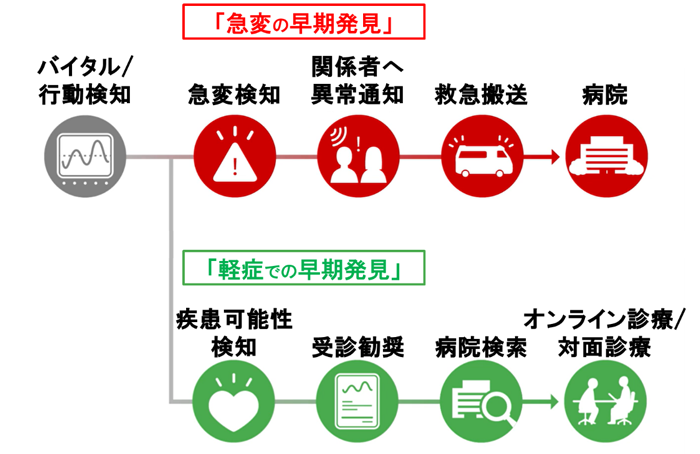2024-10-04 インペリアル・カレッジ・ロンドン(ICL)
<関連情報>
- https://www.imperial.ac.uk/news/256914/covid-19-human-challenge-study-highlights-small/
- https://www.thelancet.com/journals/eclinm/article/PIIS2589-5370(24)00421-8/fulltext
SARS-CoV-2ヒトチャレンジ試験における記憶と認知の変化 Changes in memory and cognition during the SARS-CoV-2 human challenge study
William Trender∙ Peter J. Hellyer∙ Ben Killingley∙ Mariya Kalinova∙ Alex J. Mann∙ Andrew P. Catchpole∙ et al.
eClinical Medicine Published: September 21, 2024
DOI:https://doi.org/10.1016/j.eclinm.2024.102842

Summary
Background
Patient-reported outcomes and cross-sectional evidence show an association between COVID-19 and persistent cognitive problems. The causal basis, longevity and domain specificity of this association is unclear due to population variability in baseline cognitive abilities, vulnerabilities, virus variants, vaccination status and treatment.
Methods
Thirty-four young, healthy, seronegative volunteers were inoculated with Wildtype SARS-CoV-2 under prospectively controlled conditions. Volunteers completed daily physiological measurements and computerised cognitive tasks during quarantine and follow-up at 30, 90, 180, 270, and 360 days. Linear modelling examined differences between ‘infected’ and ‘inoculated but uninfected’ individuals. The main cognitive endpoint was the baseline corrected global cognitive composite score across the battery of tasks administered to the volunteers. Exploratory cognitive endpoints included baseline corrected scores from individual tasks. The study was registered on ClinicalTrials.gov with the identifier NCT04865237 and took place between March 2021 and July 2022.
Findings
Eighteen volunteers developed infection by qPCR criteria of sustained viral load, one without symptoms and the remainder with mild illness. Infected volunteers showed statistically lower baseline-corrected global composite cognitive scores than uninfected volunteers, both acutely and during follow up (mean difference over all time points = -0.8631, 95% CI = -1.3613, -0.3766) with significant main effect of group in repeated measures ANOVA (F (1,34) = 7.58, p = 0.009). Sensitivity analysis replicated this cross-group difference after controlling for community upper respiratory tract infection, task-learning, remdesivir treatment, baseline reference and model structure. Memory and executive function tasks showed the largest between-group differences. No volunteers reported persistent subjective cognitive symptoms.
Interpretation
These results support larger cross sectional findings indicating that mild Wildtype SARS-CoV-2 infection can be followed by small changes in cognition and memory that persist for at least a year. The mechanistic basis and clinical implications of these small changes remain unclear.
Funding
This study was funded through the UK Vaccine Taskforce of the Department for Business, Energy and Industrial Strategy (BEIS) of Her Majesty’s Government. WT was funded by the EPSRC through the CDT for Neurotechnology Imperial College London.


